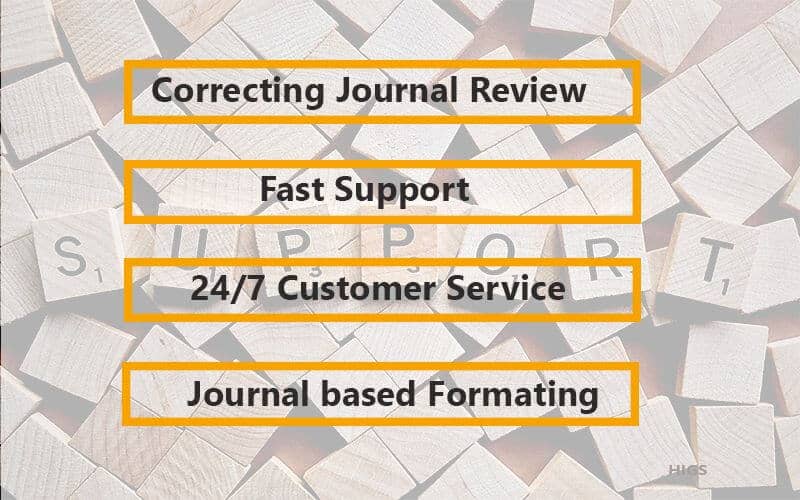How to respond to the reviewer comments journal example?
- You must speak to all the point augmented by the editor and reviewers.
- Give particulars of the revisions to your manuscript in your answer letter.
- Carry out any additional experiments or study the advice of the reviewer. If not you suffer that they would not make your paper better.
- Give a polite and scientific cancellation to any points or comments you oppose with
- Differentiate between reviewer comments and your responses in your letter
- Clearly demonstrate the main revision in the text, either with a diverse color text, by highlighting the alteration, or with Microsoft Word’s track changes aspect.
- Return the revised manuscript and response letter within the time phase the editor tells you.
Examples
Comments from the reviewer
In your analysis of the data you have preferred to use a somewhat obscure fitting function. In my opinion, a simple Gaussian function would have sufficed. Furthermore, the outcome would be more informative and easier to evaluate earlier results.
Response in accord with the reviewer
We concur with the reviewer’s evaluation of the analysis. Our customized function does create it not likely to fully understand the data by means of the established theories. Additionally, in its existing form, we concur it would be hard to tell that this measurement comprises a significant growth over formerly reported principles.
You must note that in both comments the author is polite and demonstrates respect for the reviewer’s belief. Also, in both conditions, the author modifies the manuscript that addresses the reviewer’s question. While commenting, one must always remember, the reviewer is possibly a highly knowledgeable person. If their suggestion is wrong, it is likely because they misunderstand your document correctly, representing that you should make your text clearer.




